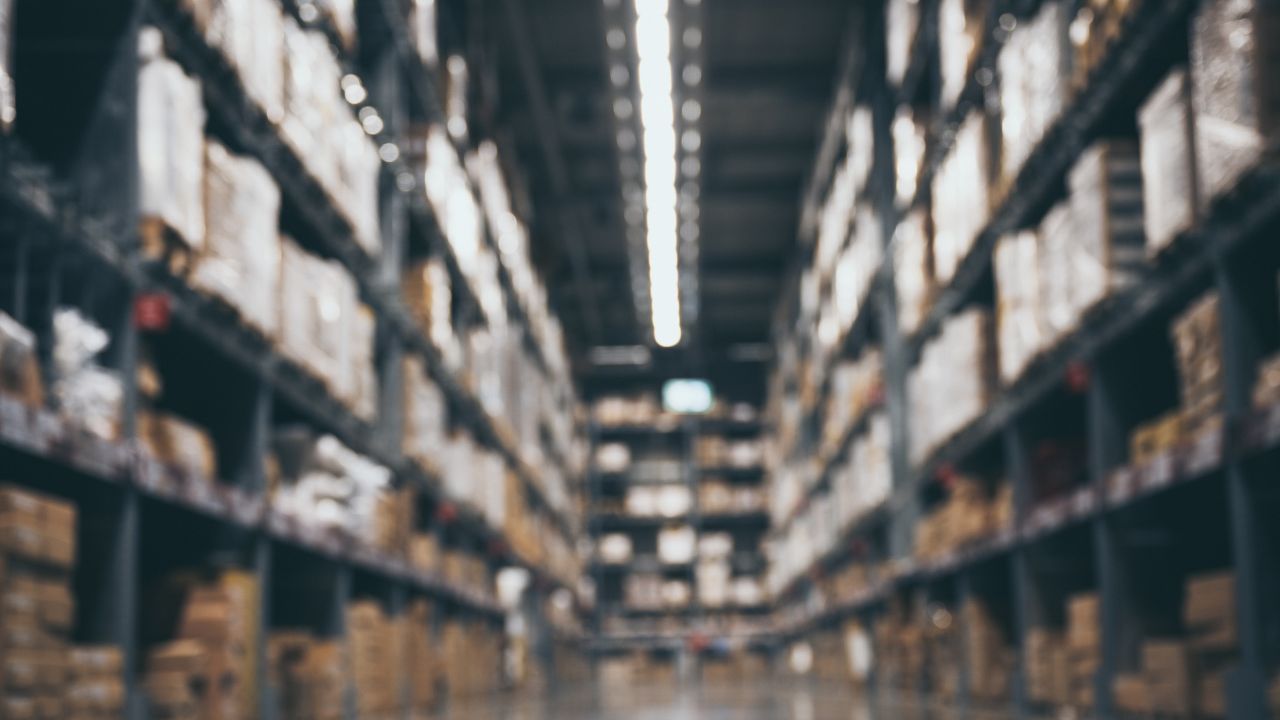In the distribution chain of goods, there are several stages through which a product passes until it reaches a final consumer. One of these stages is the wholesale stage.
This phase encompasses the purchase and sale of products in bulk, without taking into account sales that bring a product directly to the final consumer.
Companies that deal with this phase of the distribution chain of goods are called “wholesale companies”.
But let’s talk in more detail about what wholesale trade is, how it works and what types exist.
What is wholesale trade
To define what wholesale trade is, we need to situate it as the business activity that takes place in the middle of the commodity distribution chain. Companies working at this stage are responsible for buying products in large quantities from factories and then selling them to retail companies.
As mentioned above, those working at this stage are called wholesalers and some examples of wholesale companies are those that supply basic necessities, for example, to supermarkets, auto parts companies and technology companies.
How wholesale works
Now that you know more about wholesale, it is time to explain how wholesale works in order to understand how it develops in the distribution chain.
To keep it simple, we will give a series of structured steps in which the different models of wholesale trade, how the product is sourced, at what point it is distributed and at what point profits are generated.
First, raw material suppliers sell their product to manufacturers. Manufacturers are the companies that use raw materials to produce, in whole or in part, a product.
As a second step, manufacturers sell their product in large volumes to wholesalers. These wholesalers may be brokers or DTCs, but they must pay for the product that they will then sell.
In the next step in this series, the middleman is responsible for selling the product in bulk to another manufacturer or to consumers. This part of the wholesale process depends on the wholesale model.
The next step is the final sale. If in this case the wholesalers are intermediaries, they must arrange for the product to reach a retailer, who will sell the product to the final consumer at a higher price.
Types of wholesale trade
Companies engaged in wholesale trade are classified into two categories:
Wholesale companies: These traders provide a wider range of services to producers, e.g. inventory management and financial assistance. The income they earn is realised from the resale of the product.
Intermediary agents: These give a smaller amount of services, but are specialists in the products they handle and the areas in which they operate. Their income is generated from the commission they charge for placing the products in different markets.
In wholesale trade, several types of trade can be identified according to different variables, of which we highlight 3:
Depending on the products they trade:
Broker. They act as intermediaries and specialise in a specific market.
Commission agents. Generally, they have ownership of the products they sell, and operate as intermediaries and close sales through free negotiation.
Commercial representative. They negotiate on behalf of manufacturers, although they do not have ownership of the products they sell.
Depending on the sales technology
Traditional. In this type they deal personally with the customer, and so agree how the transactions will be made.
Self-service. The customer enters directly to the premises of the shop, adds the products he needs, pays and transports it to your company.
Distance selling. Sales are made without personal contact with the other companies. The deal is only done by email, telephone or internet to finalise the distribution.
Depending on the activity by sector
General wholesaler. They work with different types of products from different sectors.
Specialised wholesaler. The range of products is smaller, as they specialise in a single sector.
Differences between wholesale trade and retail trade
As a first difference, the wholesale trade is in charge of buying and storing large quantities of product, in order to be able to sell it to other businesses later, being these businesses the ones that make the retail sale. job lot
In contrast, retailers sell the product to the final consumer, and sales are made in small quantities, which is the main difference, but there are several significant differences between these types of trade:
Wholesalers regularly do not deal directly with the final consumer. Their activity is geared towards business-to-business (B2B) buying and selling, whereas retailers do deal directly with the final consumer and directly influence the purchasing decision.
Retailing involves lower costs than wholesale trade, as the costs of large-scale operations (planning, transport logistics and distribution) are much higher than those of small shops.
Wholesale shops need a lot of staff, which complicates the organisation and increases costs, while a retail shop does not need so many staff, e.g. in an online shop, one person could manage the whole business.
On the other hand, unit prices of products sold by retailers are higher than wholesalers’ prices, as wholesalers usually buy their products at heavily discounted prices, and can sell at a lower price, but with the same profitability.
Conclusions
Wholesaling is a very important part of the distribution chain, as most retailers need to buy the product they will sell in their shops from a distributor.
Using distribution systems and their operational capacity, wholesale trade is able to get products to the end consumer.
Looking to grow your business? In Metrics you can find what you need to exploit the potential of your organisation. Contact us for more information about our services and solutions to grow your business.

Leave a Reply